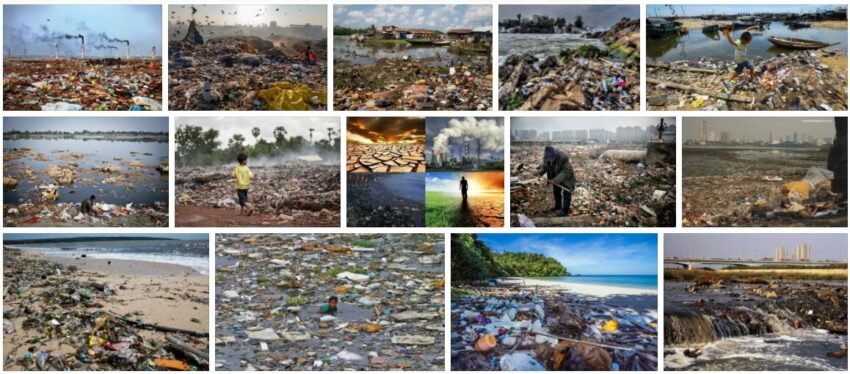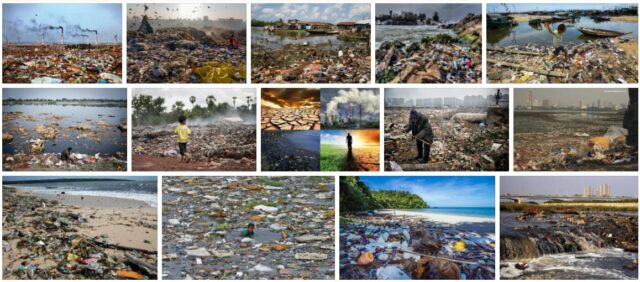Dependence on development aid
Like few other countries in the world, Cambodia has been dependent on development transfers for decades. Around half of the state budget is borne by the international donor community, in the 1980’s by the Eastern bloc, then mainly by the large OECD countries. In 1992, German development cooperation with Cambodia was resumed after cooperation had been suspended since 1969 due to the severance of diplomatic relations with the Federal Republic of Germany. Cambodia is a priority partner country for German development cooperation, with Germany being one of the largest bilateral donors.
According to Mathgeneral.com, Cambodian-German cooperation is currently focused on the following development policy priorities:
- Rural development (regional economic development, land reform stopped in 2016)
- Strengthening institutions of social security, in particular the development of the health system (quality assurance of health services and establishment of social health insurance)
- Promote acceptable working conditions in the clothing industry
- In addition, projects on the cross-cutting issue of “good governance”, human rights and the promotion of democracy are carried out (e.g. promotion of women’s rights, decentralization and administrative reform, establishment of the Court of Auditors, support for the Khmer Rouge tribunal).
Poverty Reduction and National Development Efforts
The goals, measures and costs of poverty reduction are described in detail in the current “Rectangular Strategy Phase IV”for the years 2019 to 2023. The government highlights the four core areas of education, economic diversification, promotion of the private sector and job creation, as well as inclusive and sustainable development. In recent years, the implementation of planned measures was not only opposed to fiscal limits, but also to the interests of influential political actors, which is why the implementation was not always fully successful. Donor funds, which are still generously granted, can therefore only compensate to a limited extent for this structural implementation deficit. Nevertheless, the successes are noticeable, which is why it can be assumed that Cambodia will lose the UN classification as one of the least developed countries in the world (“Least Developed Countries”) in 2025.
Development organizations in Cambodia
With the German Society for International Cooperation (GIZ) and the Kreditanstalt für Wiederaufbau (KfW), both government implementing organizations for official development cooperation are represented in Cambodia. GIZ offers a wide range of projects, including projects in land management, support for administrative reform / decentralization and the promotion of women’s rights. From the portfolio of the former German Development Service (DED), projects in the areas of democracy, civil society, public administration, health and rural development in the Kampot / Kampong Thom region are continuing; also the civil peace service is involved in Cambodia. Further international development partners are (among others):
- Heinrich Böll Foundation: engagement in environmental protection, the advancement of women and civil society;
- Friedrich-Ebert-Stiftung: Promotion of dialogues between Cambodian leaders;
- Konrad-Adenauer-Stiftung: Projects including administrative reform / decentralization and strengthening of the parties;
- European Union: projects in the areas of rural development, education and nutrition;
- USAID, USA: Projects on political participation and in health and education;
- World Bank: in particular financing of major development projects;
- Agence Française De Développement: Projects in the areas of education, judicial reform, agriculture, among others;
- SDC, Switzerland: Engagement in the areas of rural development and sustainable use of resources, good governance and economic development with a focus on private sector support;
- The NGO Oxfam is represented with various projects in the areas of rural development, the environment, gender, human rights and education.
- In addition, the Asian Development Bank offers valuable information and analyzes on development cooperation with Cambodia.
Next to it are a number of local NGOs established. Most offer important social services, but are usually financially dependent on international donors.
Ecological problems
Between 2001 and 2018, the forested area of Cambodia decreased by around 2.2 million hectares, which corresponds to a decline of 25 percent. Today only around 300,000 hectares are considered to be pristine primary forest. Not infrequently, the Cambodian military is in the organized clear cut involved across the country. The dramatic effects of deforestation in the late 1990’s attracted both the Cambodian government and international development aid donors. In 1998, Prime Minister Hun Sen made sustainable forest management one of his government’s priorities, and in 1999 the government made international commitments to promote sustainable forest management. In practice, those responsible often find it difficult to achieve these political goals. Illegal logging was subsequently banned, but violations due to the involvement of political actors were not prosecuted: despite an export ban that came into force at the beginning of 2016, valuable tropical timber is still mainly shipped to Vietnam executed. The key player in this is the Cambodian army, which mainly operates in the eastern provinces.
Cambodia still has very little experience in the sustainable use of the country’s natural resources. As around three quarters of the population live from agriculture, the ongoing population growth still poses considerable challenges, especially the previously completely underestimated consequences of the pollution of the two most important bodies of water in the country, the Tonle Sap and the Mekong, which are by far the most important The majority of the population are sources of protein. Further threats to the ecosystem are global warming, which makes Cambodia one of the most endangered countries in the world – even if its own CO 2 emissions at 0.7 tonnes per capita (2018) are still negligible in an international comparison.
Ecological awareness among the population is still poorly developed, as the enormous consumption of plastic bags per capita, which is around ten times as high as in Europe, and the many wild rubbish dumps in the country are impressive examples. Even in Phnom Penh it has become more and more difficult in recent years to adapt the waste disposal capacities to the increasing population.

